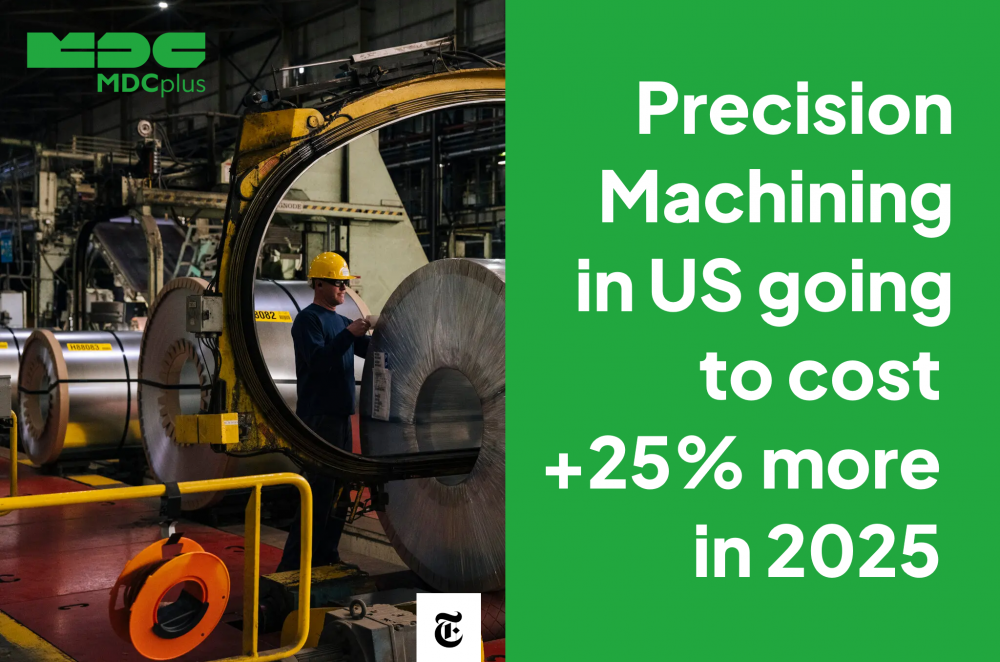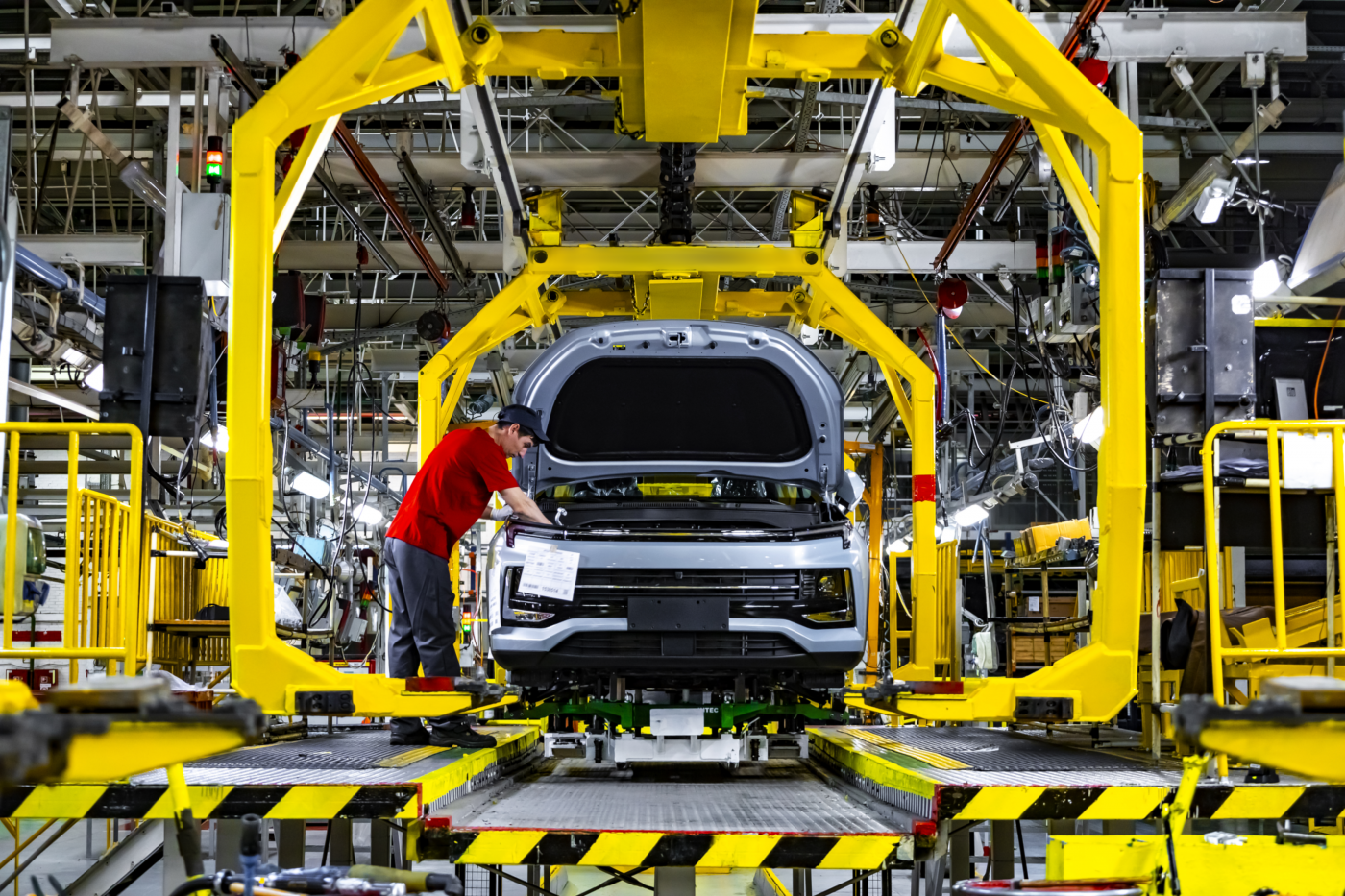Cut your production expenses
Get started for freeTariffs on Steel and Aluminum: Impact on U.S. Precision Machining Industry
The newly imposed tariffs on steel and aluminum are expected to have a significant impact on U.S. precision machining facilities. As these businesses rely heavily on high-quality raw materials, the increased costs could lead to supply chain disruptions, reduced profit margins, and potential job losses. Many precision machining firms fear that higher material prices will make them less competitive against foreign manufacturers, pushing some companies to seek alternative sources or even relocate operations.
In a move that has reignited debates over trade policy, the U.S. government announced on Monday the imposition of 25% tariffs on imported steel and aluminum, effective March 12. This decision, reminiscent of past trade measures, aims to bolster domestic production but has already drawn sharp criticism from international allies and industry leaders, particularly in the precision machining sector.
Aiming to Revitalize Domestic Industry
The administration argues that these tariffs are essential to protect national and economic security. By imposing these levies, the goal is to reduce dependence on foreign metals and rejuvenate American manufacturing sectors, including precision machining, that have faced significant challenges from overseas competition. Officials emphasized the importance of maintaining domestic production capacity for critical materials.
Global Backlash and Fears of a Trade War
The response from the international community was swift and pointed. Canada, the largest supplier of steel and aluminum to the U.S., condemned the move, with officials noting that the combined effect of existing and new tariffs would result in a staggering 50% levy on Canadian goods. The European Union also voiced its disapproval, labeling the tariffs as "a blatant intervention to protect U.S. domestic industry" and hinting at potential retaliatory measures. Precision machining facilities that depend on international trade fear higher costs and disrupted supply chains could force them to reconsider production strategies.
Impact on the Precision Machining and Automotive Industries
Industry leaders, particularly in the precision machining and automotive sectors, have expressed concerns over the potential ripple effects of these tariffs. Many precision machining companies require specialized steel and aluminum alloys, which could become significantly more expensive or difficult to source. Major American automakers like Ford, General Motors, and Stellantis anticipate increased production costs, which could translate to higher prices for consumers. Despite sourcing a significant portion of their materials from North America, the interconnected nature of global supply chains means that the tariffs' impact will be felt widely.
Historical Context and Economic Implications
This isn't the first time the U.S. has turned to tariffs as a tool to protect domestic industries. Similar measures in the past led to mixed outcomes. While some domestic producers benefited, downstream industries, including precision machining, that rely on these metals faced increased costs, leading to concerns about job losses and economic efficiency.
Economists warn that the renewed tariffs could exacerbate inflationary pressures and disrupt global trade flows. The potential for retaliatory actions from key trading partners adds another layer of uncertainty, with possible adverse effects on U.S. exports and broader economic stability.
Looking Ahead
As the March 12 implementation date approaches, businesses, consumers, and policymakers will be closely monitoring the situation. Precision machining facilities will be particularly vulnerable to price volatility, supply chain disruptions, and potential reductions in demand if manufacturers turn to alternative materials or offshore suppliers. The balance between protecting domestic industries and maintaining healthy international trade relationships remains delicate. The coming months will reveal whether these tariffs achieve their intended goals or lead to unintended economic consequences.
About MDCplus
Our key features are real-time machine monitoring for swift issue resolution, power consumption tracking to promote sustainability, computerized maintenance management to reduce downtime, and vibration diagnostics for predictive maintenance. MDCplus's solutions are tailored for diverse industries, including aerospace, automotive, precision machining, and heavy industry. By delivering actionable insights and fostering seamless integration, we empower manufacturers to boost Overall Equipment Effectiveness (OEE), reduce operational costs, and achieve sustainable growth along with future planning.
Ready to increase your OEE, get clearer vision of your shop floor, and predict sustainably?
Other articles
While both involve structured review and analysis, their objectives, scope, and outcomes differ significantly. This article exploring this topic further.

